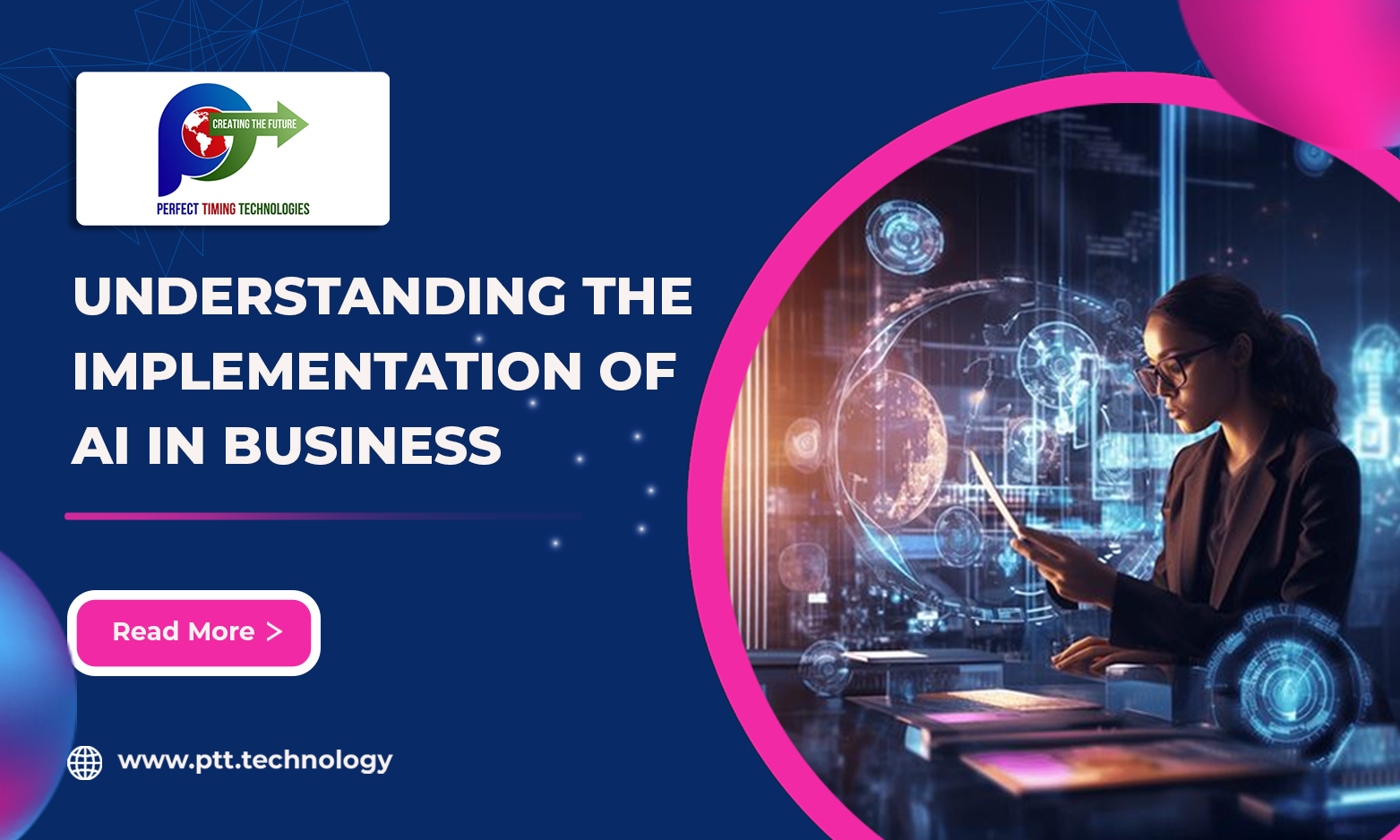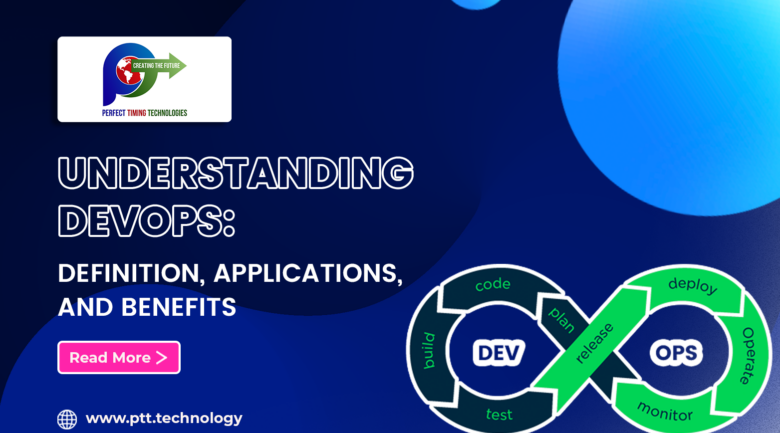
AI-powered products and services have undoubtedly made our lives easier. Not just that, AI has become an integral part of the modern business landscape. But, implementing Artificial Intelligence tools and practices in a business is not easy. Having an AI implementation roadmap can help get your business on the right track.
Today, we shall discuss the implementation of AI solutions in core business operations.
Defining AI Implementation
AI implementation refers to the process of integrating AI technologies, systems, or solutions into real-world applications or environments to solve specific problems or enhance existing processes. It involves taking AI concepts, algorithms, and models and putting them to practical use in various fields and industries. AI implementation can take many forms and serve a wide range of purposes, depending on the specific goals and requirements of the project. Some examples include Natural Language Processing (NLP) in Customer Support, Computer Vision in Healthcare, Recommendation Systems in E-Commerce, Predictive Maintenance in Manufacturing, Autonomous Vehicles, Financial Fraud Detection, etc.
Purpose of Implementing AI into Business
The Harvard Business Review says AI implementation can help businesses in three ways.
- By automating business processes.
- By generating insights with data analysis.
- Improving engagement with customers and employees.
Benefits of AI Implementation
Implementing artificial intelligence in core business operations can offer numerous advantages across various industries and applications. We have formulated a few points here to understand the importance of AI solutions for a business.
- Improved Efficiency: AI implementation in business operations can automate repetitive and time-consuming tasks, allowing employees to focus on more creative and high-value activities.
- Data Analysis: Implementing AI solutions can effectively process and analyze vast amounts of data faster and more accurately than humans. It helps top management to make data-driven decisions and discover valuable insights.
- Cost Reduction: Automation of core business processes through the implementation of AI can lead to significant cost savings by reducing the need for manual labour and minimizing errors.
- 24/7 Availability: AI-powered business systems can operate round the clock, providing services and support at any time, which is particularly valuable for businesses that need continuous operations.
- Improved Customer Service: AI-powered Chatbots and virtual assistants offer instant responses to customer queries, improving customer service and satisfaction, thereby increasing brand power.
- Enhanced Security: AI implementation can help a business to detect and respond to security threats more effectively, safeguarding sensitive data and systems within the organization.
- Competitive Advantage: Implementing AI in the early stages can help businesses gain a competitive edge in their industry by leveraging AI’s capabilities for innovation and differentiation.
- Fraud Detection: AI implementation can help detect fraudulent activities in real-time, helping financial institutions and e-commerce platforms prevent losses due to fraudulent transactions.
Conclusion
Implementing Artificial Intelligence into your business is a complex procedure and demands a lot of effort and financial investments before finally reverting profits. However, proper planning and an effective AI strategy can maximize the benefits while mitigating potential risks.
We offer tailor-made AI solutions exclusively for our clients to meet the best interests of their business. Get in touch with us now to find the best IT solutions for your business.







